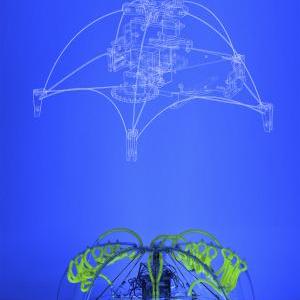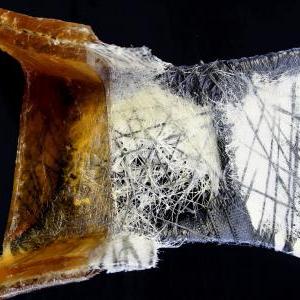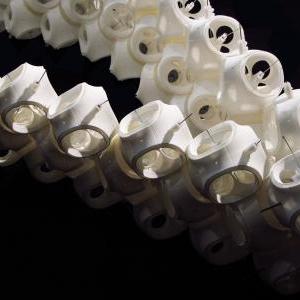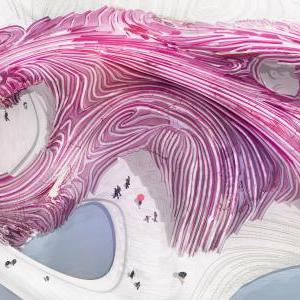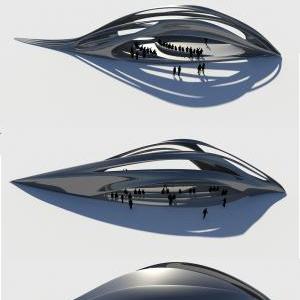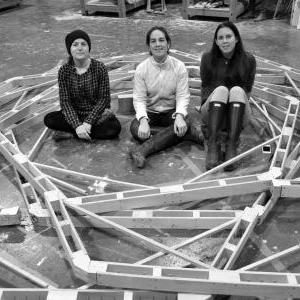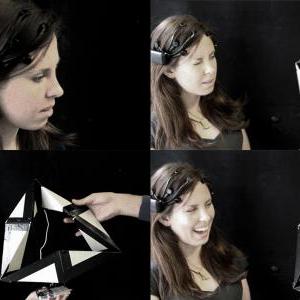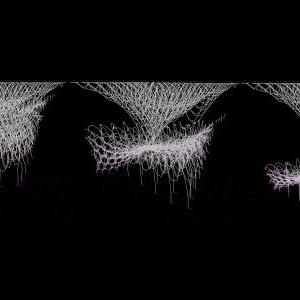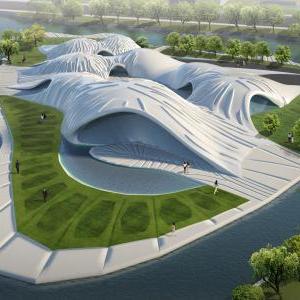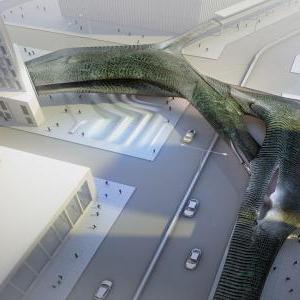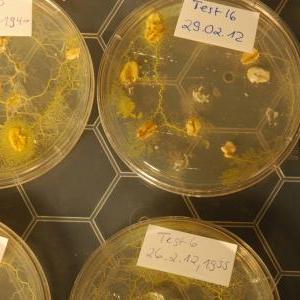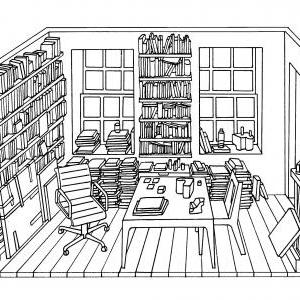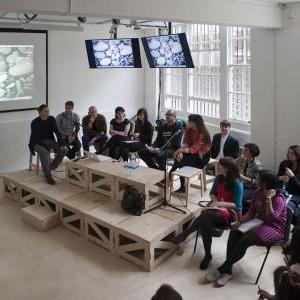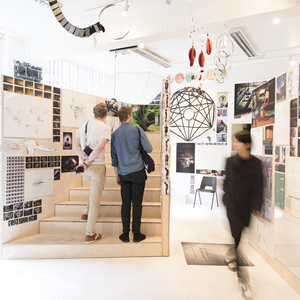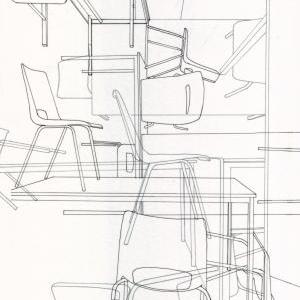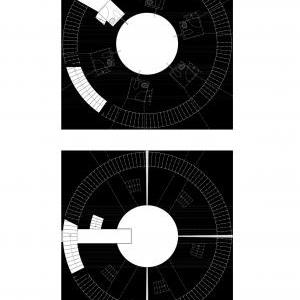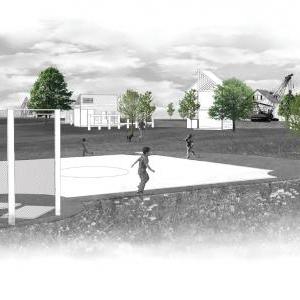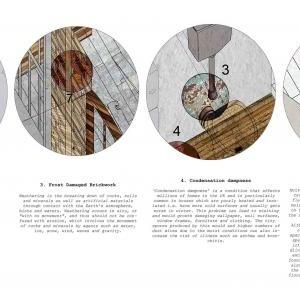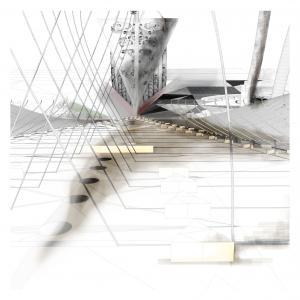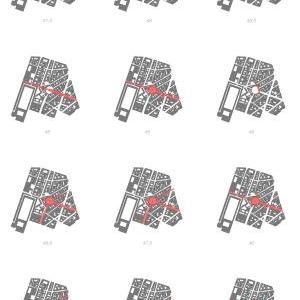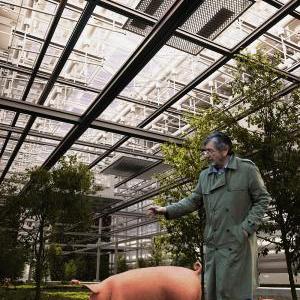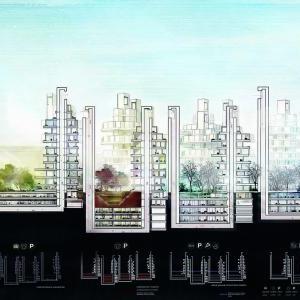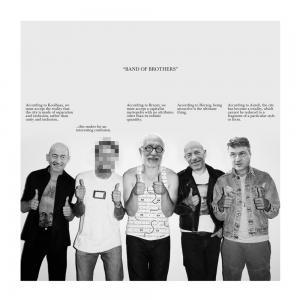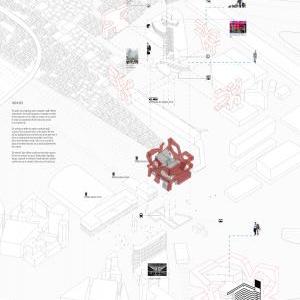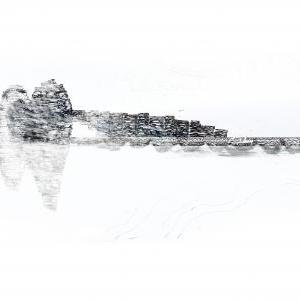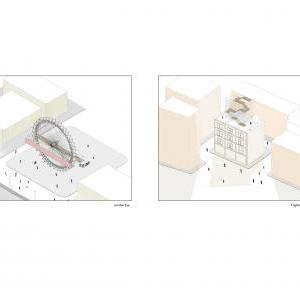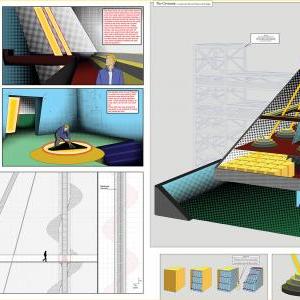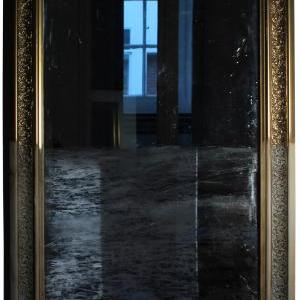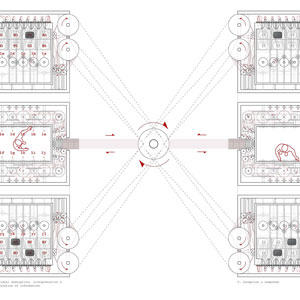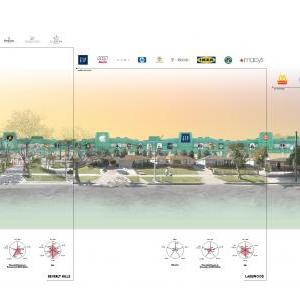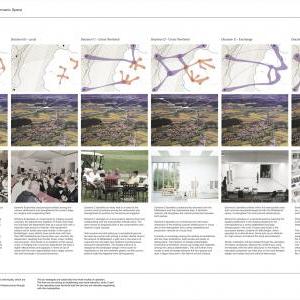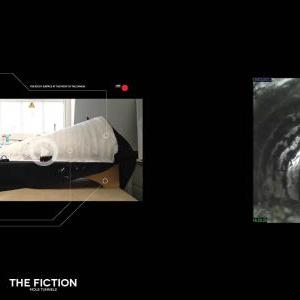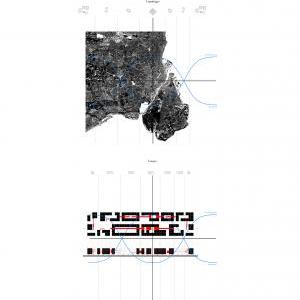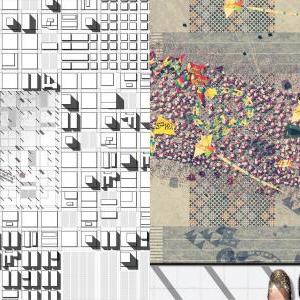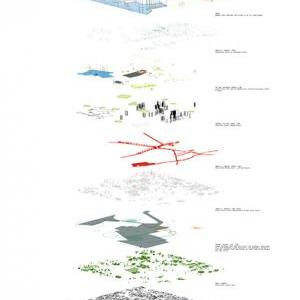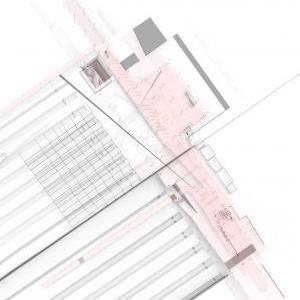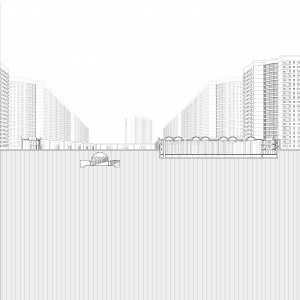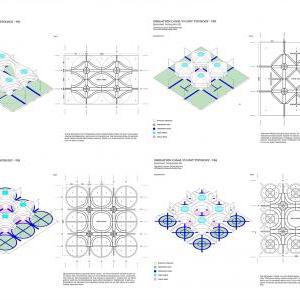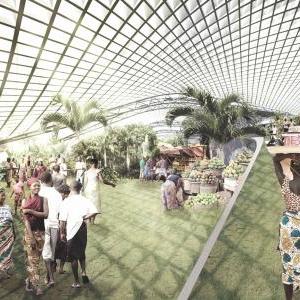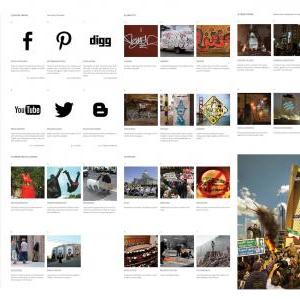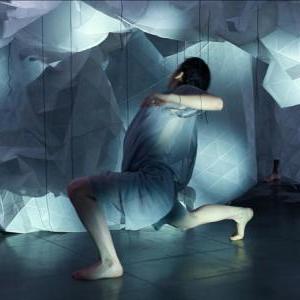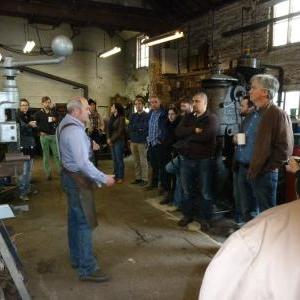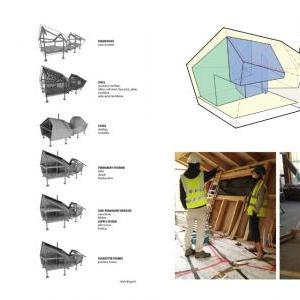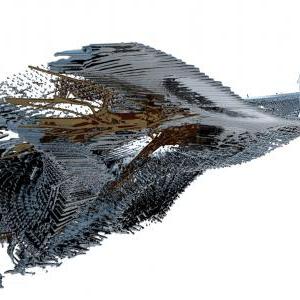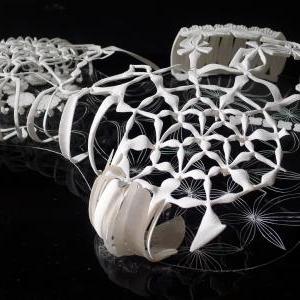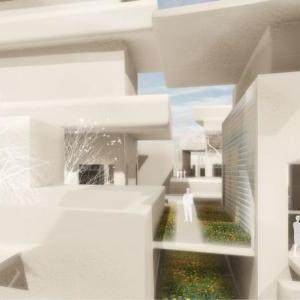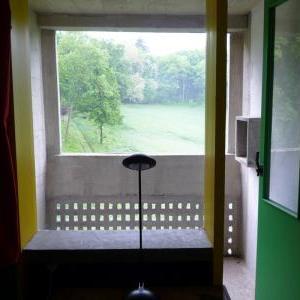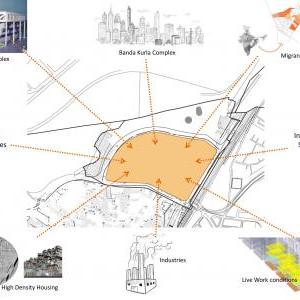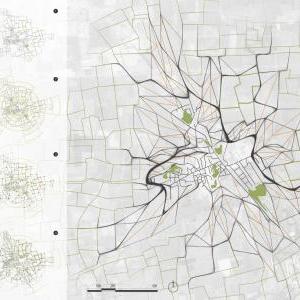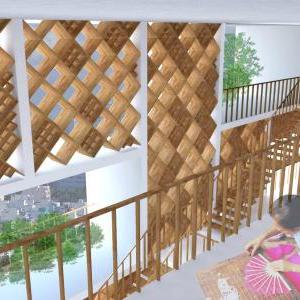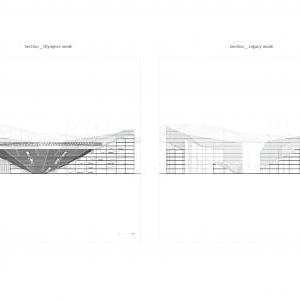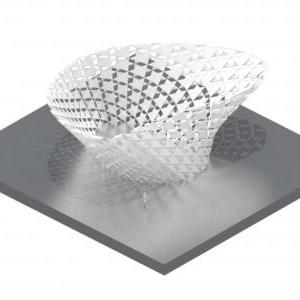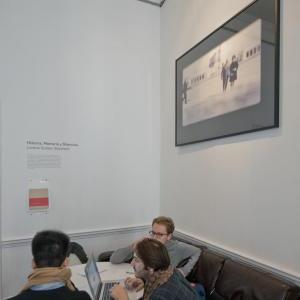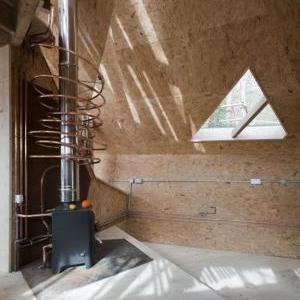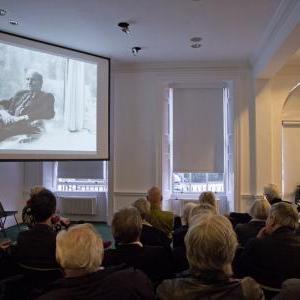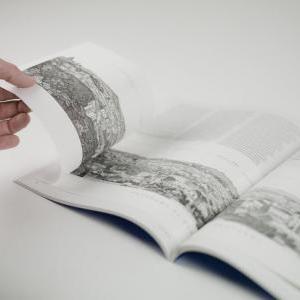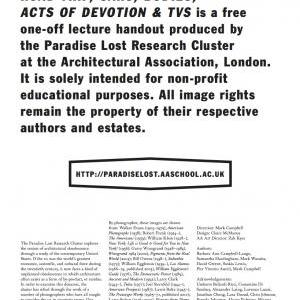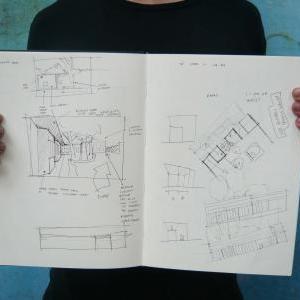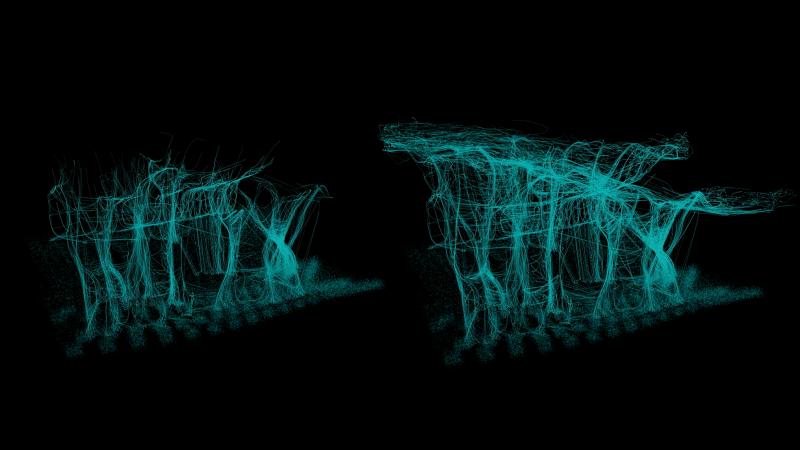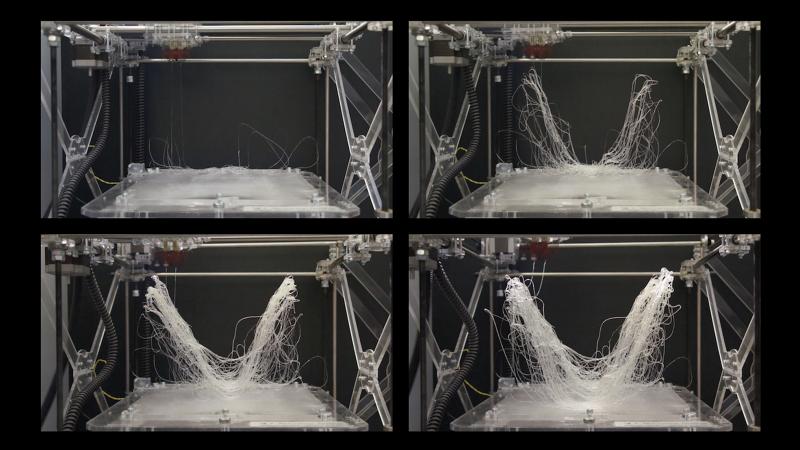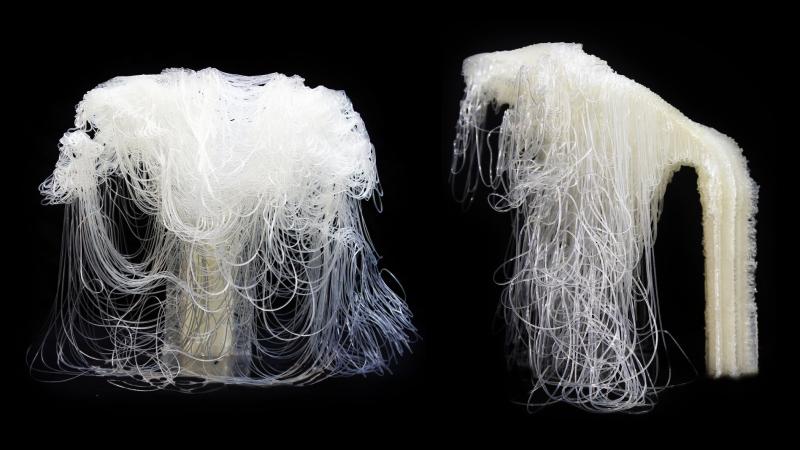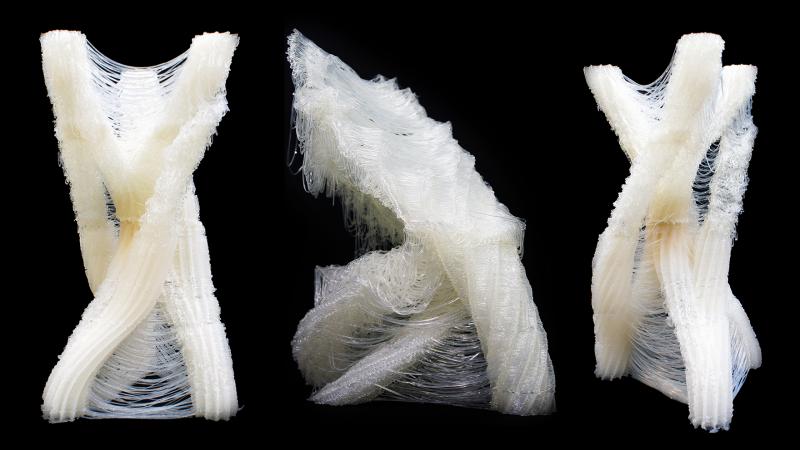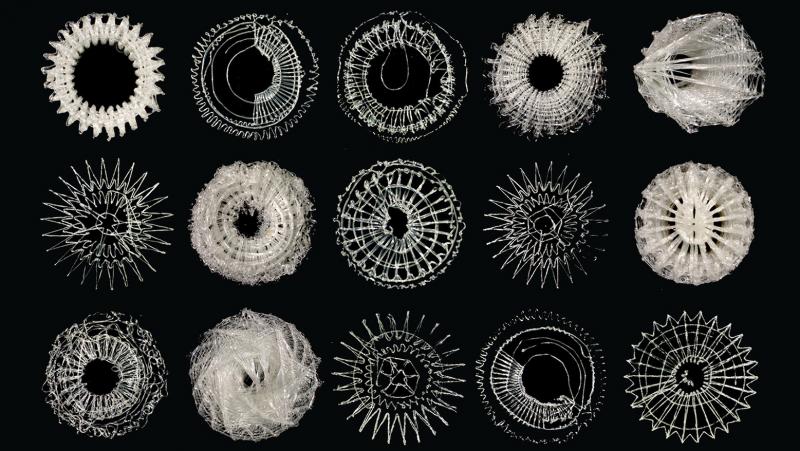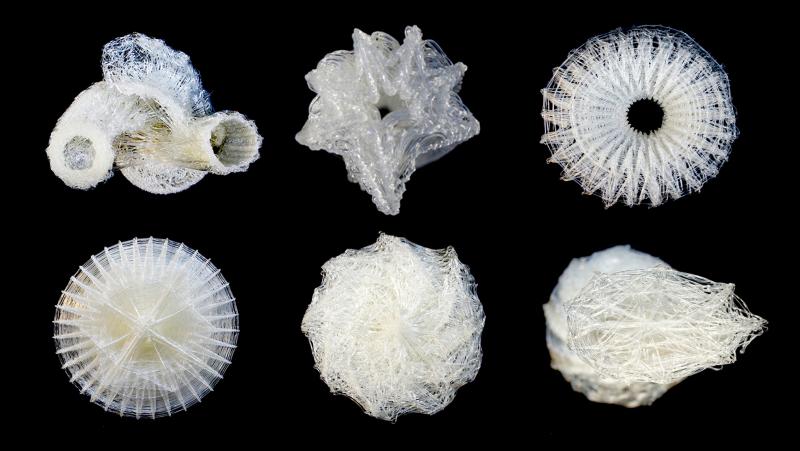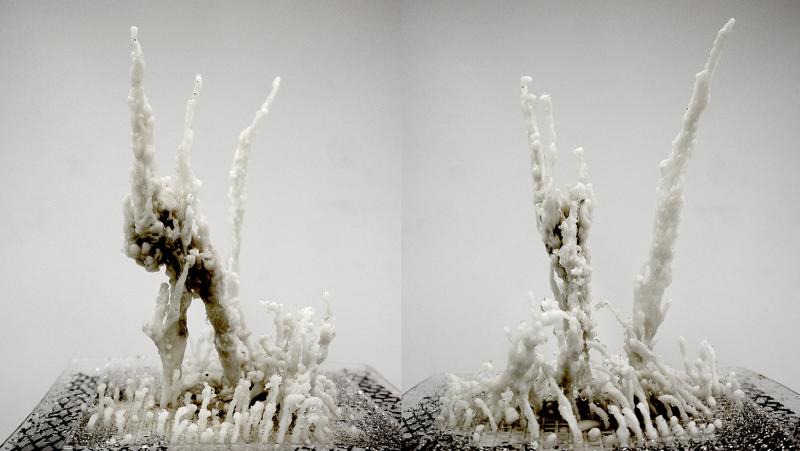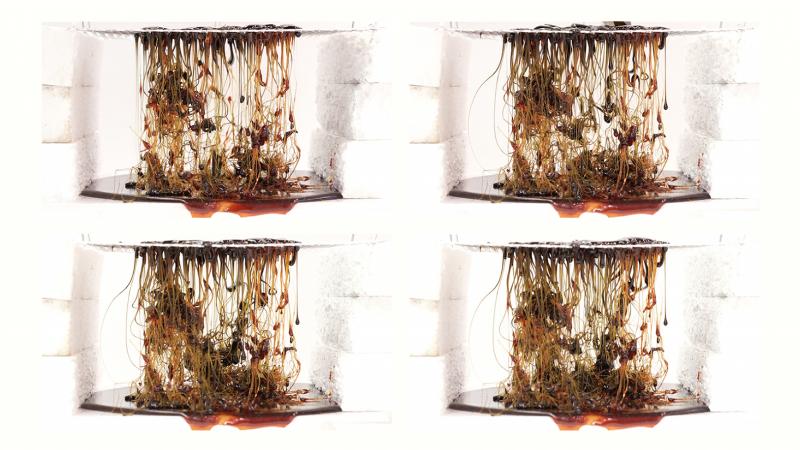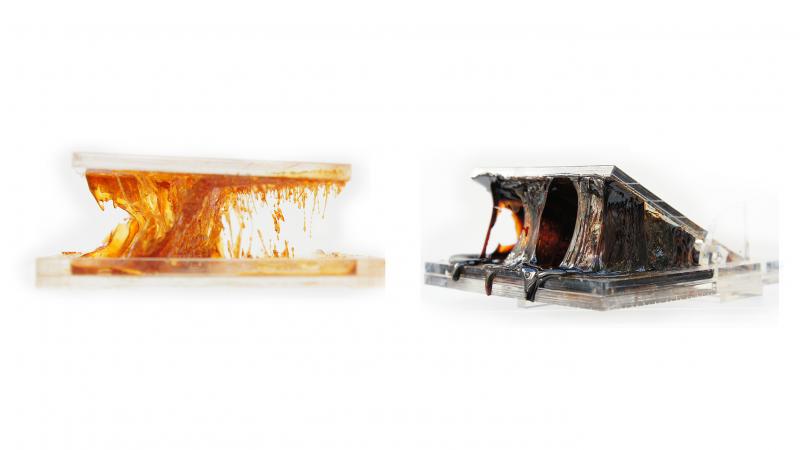This year the Design Research Laboratory (DRL) concluded the final year of the four-year design research agenda Proto-Design, which investigated digital and analogue forms of computation in the pursuit of systemic design applications that are scenario- and time-based. Considering controls systems as open acts of design experimentation, the DRL examines production processes as active agents in the development of architecture. Behavioural, parametric and generative methodologies of computational design are coupled with physical computing and analogue experiments to create dynamic and reflexive feedback processes. New forms of spatial organisation are explored not as type- or context-dependent but by examining scenarios that evolve as ecologies and environments that seek adaptive and hyper-specific features.
This performance-driven approach aims to develop novel design proposals concerned with the everyday. The iterative methodology of the design studio focuses on the investigation of spatial, structural and material organisations, engaging with contemporary discourses of architecture and urbanism. Four research studios run in parallel, exploring the possibilities of Proto-Design. Theodore Spyropoulos’ studio, Synthetic Natures: Behavioural Machines, investigates behaviour as the means to explore self-regulating and deployable soft systems. Parametric Semiology 2 – Habitat as System of Signification, led by Patrik Schumacher, focuses on how the societal function of urban and architectural design can act as an innovative ordering and framing of communicative interaction. Robert Stuart-Smith’s studio, Behavioural Matter, explores how non-linear design processes may be instrumentalised to generate a temporal architecture with a designed life-cycle. Reconsidering Elementarism, led by Philippe Morel, addresses the relationships between technology, architecture and mathematics by revisiting research on Elementarism in the 1920s and its cybernetic reinterpretations of the 1960s.
Director
Theodore Spyropoulos
Founder
Patrik Schumacher
Course Masters
Shajay Bhoosan
Philippe Morel
Robert Stuart-Smith
Course Tutors
Pierandrea Angius
Mollie Claypool
Ryan Dillon
Mostafa El-Sayed
Manuel Jiménez García
Jose Sanchez
Technical Tutors
Albert Taylor & AKT
Software Tutors
Torsten Broeder
Paul Jeffries
Tyson Hosmer
Programme Coordinator
Ryan Dillon
Invited Critics
Lucy Bullivant
Helen Castle
Mark Cousins
Didier Faustino
David Jason Gerber
David Greene
Adrian Lahoud
Marta Malé- Alemany
David Ruy
Marcelo Spina
Brett Steele
Albert Taylor
Peter Testa
Tom Wiscombe
26 Degrees
Project name: Rheo
Team: Liqun Zhao (China), Foteini Kontoleon (Greece), Christian Erl (Germany), Vineet J. Vora (India)
Studio: Studio: Theodore Spyropoulos assisted by Mustafa El-Sayed, Manuel Jiménez García`
Rheo is aimed at creating a dynamic prototypical space-framing system. It challenges the notions of plastic fabrication in architecture through exploiting their phase changing capabilities as an intrinsic part of the fabrication process itself. This architectural system questions the very nature of conventional space-frames and the organization of line networks embedded within. In this regard, Rheo forms an essential next step in the lineage of structures such as the dynamic space frames by Konrad Waschsmann and the Yokohoma Port Terminal by Reiser and Umemoto. Furthermore, fabrication through extrusion in plastics allows for the creation of a truly continuous and homogenous structure. The process of research initially began with a study of the organizational logic of lines that follow optimization criteria in latticed natural systems such as the glass sponge and radiolaria. This initial conceptual beginning allowed for a broader framework of research to be carried out in 3 constituent parts.
